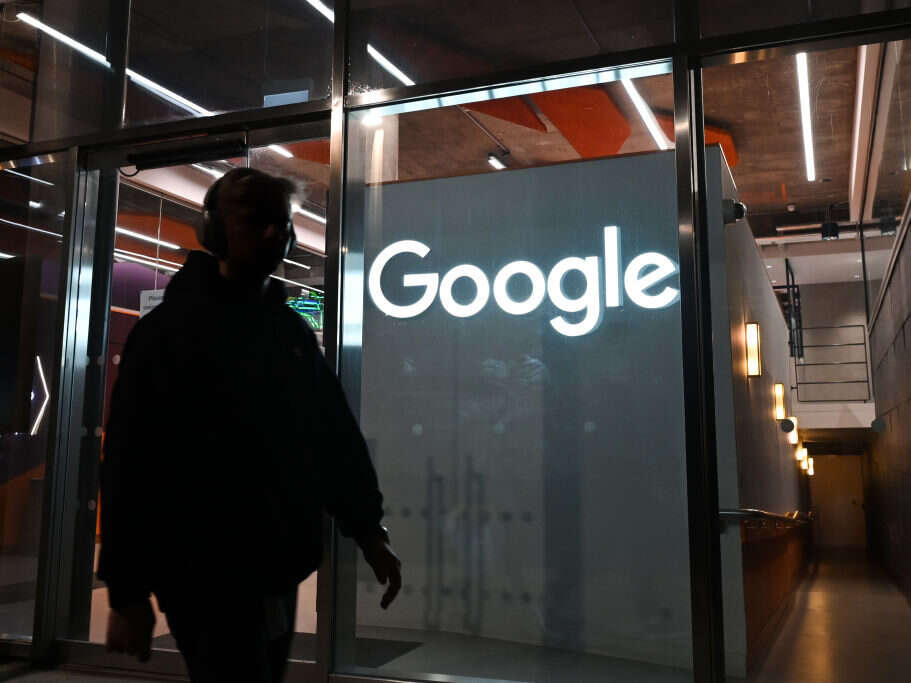
Google has claimed Canada’s Online News Act “conflicts with the core principles of the open web” in a blog post explaining why it plans to block access to news in the country.
The technology giant followed corporate rival Meta this week in announcing it would remove links to news outlets from its platforms – for Google, that means in Search, News, Discover and the end of Google News Showcase – in Canada.
That decision in turn followed the passing by Canada’s parliament of the Online News Act (also known as Bill C-18), which compels the advertising “Duopoly” of Google and Meta to negotiate with news publishers for use of their content.
In the post Google laid out its beliefs that Canada’s news payment law was “unworkable”, that it is unfairly targeted, and that as a company it financially benefits publishers more than it harms them.
[Read more: Google follows Meta with plan to block news in Canada after Online News Act passes]
What does Google say about the Online News Act?
The Online News Act, like Australia’s News Bargaining Code, seeks to address the dominance of Meta and Google in the advertising market which once sustained the news industry.
Press Gazette has previously reported that Google’s parent company Alphabet and Meta together take more than $4 in every $10 spent on advertising in any format globally.
News publishers have argued that Google and Meta profit from adverts placed alongside their content – for example in the (now renamed) News feed or in search results – without fairly sharing that revenue. This, they argue, means they are bearing the costs of news production without receiving the revenue needed to sustain it.
But in a new blog post, Google’s vice president of government affairs and public policy Cris Turner said the Online News Act created “an unprecedented requirement that platforms pay for simply showing links to news, something that everyone else does for free”.
Turner wrote that Google sends consumers to publishers’ websites “more than 24 billion times each month – for free”, and that the Online News Act “exposes us to uncapped financial liability simply for facilitating access to news…
“When efforts to support journalism conflict with the core principles of the open web and undermine our products, we have to adjust how we operate.”
Google and others have previously argued that legislation like the Online News Act constitutes a “link tax”, contradicting the general principle that a networked web is built from different sites freely linking to one another. (This criticism has been met with counter-arguments that many parts of the internet, including Google, already charge for advantageous link placement.)
Was the Australian bargaining code successful?
Turner also pushed back in his note against claims that Australia’s news media bargaining code – which also compels Google and Meta to negotiate with publishers for payment – was successful.
“We often hear proponents claim that the Australian model works because it hasn’t ‘broken the internet,’ but its provisions are actually untested,” he wrote. “Other proposals modelling the Code are often based on a misperception of what it does and how it’s been implemented.”
Although passed into law, Australia’s code has not been activated. Google and Meta have struck numerous deals with publishers, but they have technically done so outside the code so as to avoid being coerced into bargaining, a process which could end with an independent arbitrator deciding the size of any payouts.
The Financial Times reported in March last year that deals struck in Australia since the passing of the code were worth US$146m to news publishers.
Turner emphasised that Google does, at present, give money directly to the news industry, both through the Google News Showcase licensing programme and the Google News Initiative through which it provides “training, tools and funding to journalists and newsrooms to help strengthen their work in the digital age”.
What happens next?
Neither Meta nor Google have yet removed access to news in Canada on their platforms, although both have “tested” systems for doing so in recent months. They said they would do so when the Online News Act takes effect.
Meta – then known as Facebook – previously blocked news on its eponymous social network in 2021 as a preemptive response to the passage of Australia’s news payments law. The company subsequently backtracked after it said it received “a number of changes [to the news media bargaining code] and guarantees that address our core concerns”.
Neither company has fully blocked news in the long term in a country, although Google did close Google News in Spain for almost eight years in opposition to a since-changed copyright law.
Turner wrote that the 2019 European Copyright Directive (EUCD), which asserted copyrights for publishers when search engines use long extracts from their content, had led to “commercial agreements covering over 1,500 publications of all sizes across 15 EU countries and are continuing to work on others”.
The closest the company has come to a standing news ban in a territory appears to be Czechia, where Turner said Google had removed previews in search for news publisher content but retained headlines and links, which were not affected by the country’s implementation of EUCD.
Turner wrote: “We also regrettably shut down News Showcase and terminated the content licenses and commercial partnerships we had reached with Czech publishers to provide content for that product. If the law changes, we hope to make our services fully available again.”
[Read more: UK publishers believe Apple could be forced to pay for news under new law]
Email pged@pressgazette.co.uk to point out mistakes, provide story tips or send in a letter for publication on our "Letters Page" blog
